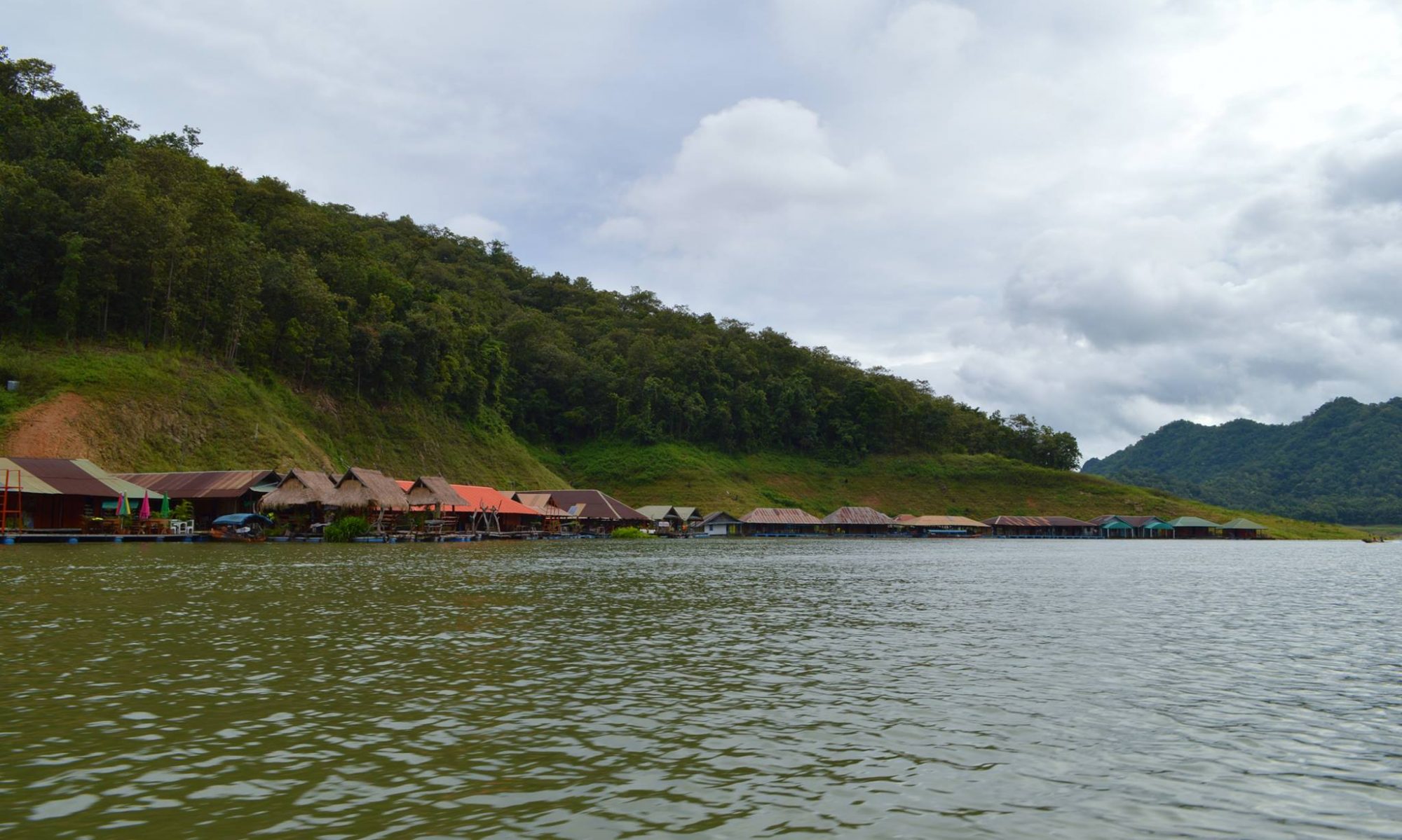Arguments about the appropriate level at which decisions should be made, or where responsibilities should reside, are recurrent wherever you find political and administrative hierarchies. We have found it instructive to examine scale issues in the discursive strategies of actors as they seek to legitimize control of resources or avoid being held accountable – what we have referred to as the ‘politics of scale’.
In the case of large-scale infrastructure projects, for example, proponents and opponents draw different boundaries around the areas ‘affected’. They also adopt different resolutions when viewing issues: aggregated at national level to include all people as elements of the ‘national economy’ or ‘energy security’; or, fine-scale, acknowledging differences in impacts on vulnerable groups like migrants or ethnic minority women.

Selected Publications
- Marks D, Lebel L. (2016) Disaster governance and the scalar politics of incomplete decentralization: Fragmented and contested responses to the 2011 floods in Central Thailand. Habitat International 52, 57-66. (Abstract)
- Deliberation, Negotiation and Scale in the Governance of Water Resources in the Mekong Region (Abstract)
- The Politics of Scale in Environmental Assessment (Chapter)
- Cash D, Adger W. N, Berkes F, Garden P, Lebel L, Olsson P, Pritchard L, and Young O. R. (2006). Scale and cross-scale dynamics: governance and information in a multi-level world. Ecology and Society.11: Article 8. (Abstract)
- Lebel L, Garden P, and Imamura M. (2005). Politics of scale, position and place in the governance of water resources in the Mekong region. Ecology and Society. 10:18. (Abstract)

